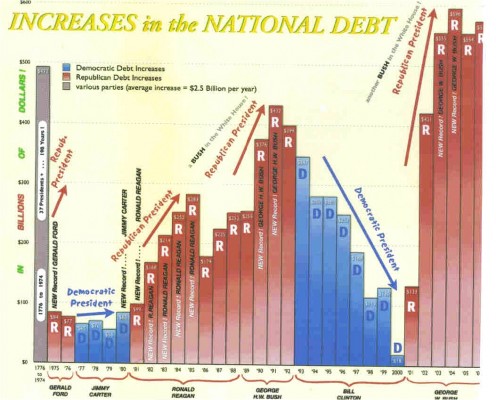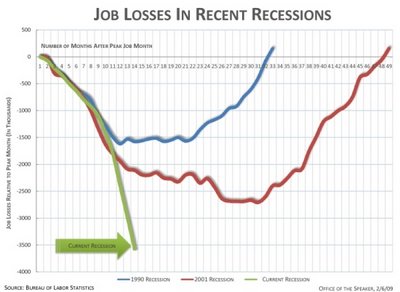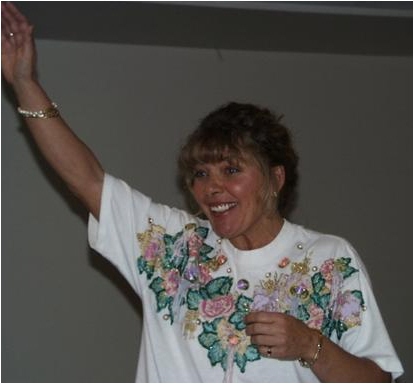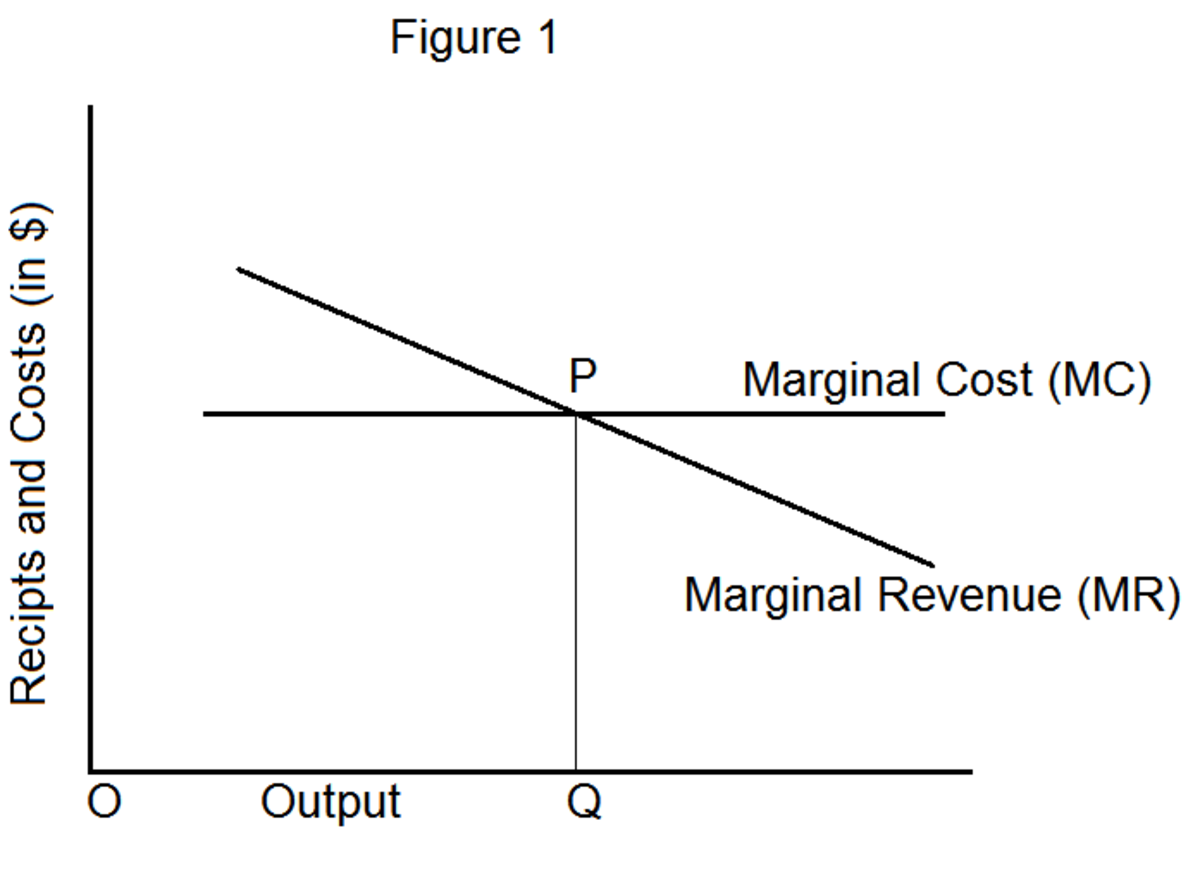Time Banks
Current link to join
- Membership | TimeBanks USA
TimeBanks USA is at the center of a dynamic movement to preserve families, rebuild communities, affect systemic change, and promote transformation around the world.
Circles of effort with a mission - strengthening communities through reciprocity. A concept whose time has come? A new barter/exchange system you'd like to be involved with? Or an organizational role model to consider in overcoming economic challenges? I invite you to compare, add opinions, questions and check back often for updated assistance on this organization or your own entrepreneurial endeavor. Wanting to work together, and the power of doing so has been growing since the S&L crisis. Where do you stand?
By reviewing a few inherent problems in our current system with some ever-growing beneficial changes they've caused along with analyzing diversified organizational role models, we may all glean insight to solutions solving our potentially treacherous economy.
Time Banks came to my attention by being purported in the news as a “pay-it-forward” concept. I don’t believe this is entirely accurate as my understanding of pay-it-forward is giving to someone else in honor of having received – without any expectations. The similarity is in the lack of a scaling monetary value for services rendered.

Reminding us of the power of hope.

None-the-less, I believe it merits our attention and analyzation not only because of it’s rapid growth, but also because of the opportunities it’s providing and essential needs it may be fulfilling in our current economy. When we consider how paradigms have been shifting, it just might be like a Phoenix rising out of the ashes of our failing economy and the old form of barter (although more than a few for profit corporations might beg to differ with that analogy with current bartering trade figures at $700 billion a year).
It might also be fulfilling the ever-growing desire to work together for the betterment of both our country and our world at large. 2007 unequivocally showed us that as we go, so goes the rest of the world. Our new President, Barack Obama leading us with the power of hope - reminds us of that warm glow we all feel when hearing the combined effort to raise money for the needy in "We Are the World". We are all invited to continue creating new businesses and opportunities with the added power of momentum - together.
For additional details visit: Time Banks . org
Time Banks - brief description
Time Banks is a non-profit organization with 60 centers in the U.S. and opening up in the U.K. shortly. Built with a foundation based on the barter system, each hour of time donation equals one credit and the ability to buy another’s time and/or skills at the same value. Their model allows for only one paid Center Coordinator capable of building a team of volunteers who would understandably be active members themselves. Each member pays an annual fee between $10 - $40 which is on a sliding scale. Members are interviewed to discern how many skills they have to offer and undoubtedly encouraged to bring as many hours to the pool as possible.
To consider this organization's viability and variations we can create, let's first look at our current economic environment and some of the trends at the forefront of a successful future.
Working together - an ever-growing concept whose time has come
A current problem: our national debt

Problems with our current system
Although the rich getting richer and the poor poorer isn't new, many of us equate this to more of a backward motion for our American society.
When speaking to college students preparing to head into the real world, one point I've always felt compelled to share with them is that they may not be paid what they’re worth, but rather what they’re capable of negotiating themselves for.
This seems to strike at the heart of our current economic disasters as well. Those in charge of our monetary system teamed up with those in charge of our laws reversing rules considered unfair and unjust decades ago. They used their negotiating skills to determine the worth or value of their particular talent. By the same token, another segment of our society whose career focuses on their ability to convince us that something is real despite it being what we would normally dismiss as impossible or ridiculous are now paid way beyond what the layman can even fathom – actors (although I am a self professed movie buff).
Similarly, our health system in the United States seems to be failing not because we don’t have the best doctors but because the insurance industry spends more on their lobbying efforts than anyone else. They spend more than all businesses together, more than the unions created to represent the people and clearly, more than the medical industry. Lobbying is simply negotiating to bend the laws in one’s favor, therefore determining the value/worth.
These examples may paint the picture for both why our monetary system is failing and whether or not bartering will thrive or die. Too many of us have lost faith and trust in a system that in large part, allows the most deceptive and uncaring negotiators to thrive - at the expense of those who do see how we are all connected.
seekingalpha.com

What effects are we seeing and what solutions are needed?
They say timing is everything. With businesses failing and millions of people laid off daily, others losing their retirement money and homes, too few jobs available as replacements, along with our societal need to belong and get back to building our communities, this new system may have found an incomparable niche. One can hear in the news that there are as many as 3,000 applicants for each job.
These reports create a sense of urgency in finding solutions but do we have enough time to completely re-invent the wheel? We also realize due to the increasing pace of change, scientific and technological advances, some re-invention is overdue. The necessity to be more, learn more and broaden the range of skills we have to offer in the marketplace is ever increasing.
Quotes by Carl Sandburg (1878 - 1967)
"Time is the coin of your life. It is the only coin you have, and only you can determine how it will be spent. Be careful lest you let other people spend if for you."
"I see America, not in the setting sun of a black night of despair ahead of us, I see America in the crimson light of a rising sun fresh from the burning, creative hand of God. I see great days ahead, great days possible to men and women of will and vision."
Needs & opportunities - which organizational models fulfill our current demands?
How could Time Banks or your own entrepreneurial creation satisfy the new demands? Following time tested successful models while adding a mix of proven more compassionate and synergistic group benefits may be a key. What we've looked at so far could be summed up by defining: Needs and the corresponding models to fulfill them:
1) Less jobs = demand to offer more skills (including leadership)
2) Deteriorating education/less time/less money = demand to exchange professional knowledge & skills
3) Less money = demand to exchange/barter for products
4) Entrepreneurial start-ups = exchange of services & business building referrals
Learn more by visiting Toastmasters
- Toastmasters International - Home
Become the Leader and Speaker you want to be
TM in NC

1) demand to offer more skills (including leadership)
Toastmasters: One of the first proven non-profit role models is Toastmasters. Formed in 1924, it has grown to its current level of nearly 235,000 members in 11,700 clubs in 92 countries, offering a proven – and enjoyable! – way to practice and hone communication and leadership skills. There is undoubtedly a club near you with membership fees ranging from approximately $12 - $125 per quarter depending on your location.
Statistically, the fear of public speaking is second only to death. This insinuates to me that a similarly structured organization is needed with a different focus (although overcoming that fear is truly joyous! I recommend visiting a few clubs until you find one with people who help you feel comfortable).
If you have too much fear associated with public speaking or are looking to improve your EQ (see hub on effective delegation: http://hubpages.com/hub/Effective-Delegation-ultimate-communication-toolkit) this new organization would be great for any "on the volunteer training".
With existing developed leadership skills (& EQ), you might consider opening up a center in your area as the paid co-ordinator of a corporate sponsored center.
Skills Exchange to Learning Annex - a worthy model
- History of Education: Selected Moments
Very successful non-profit to for profit corporation
2) demand to exchange professional knowledge & skills
"Skills Exchange" might be a perfect role model for the educational and entrepreneurial minded. Formed in 1977 in Toronto, they started as a non-profit, turned into a for profit and filled a huge niche. Anyone could develop and teach a 3-8 week program of their particular and professional skill. I loved that for 3 reasons: 1) It was possible to make a little money on the side without going through the credential based red tape 2) learning from true professionals in a field seemed less wasteful time wise with more current tips and 3) you could learn just enough about almost any subject to know if you really wanted to dedicate yourself to it. They've since become the "Learning Annex".
You can learn more by following the link. It is a role model worthy of researching for anyone looking to fill our current requirements for increased skills and the growing home schooling population.
"The Skills Exchange had a profound impact on adult education in Canada. Over their nine years in operation, they hosted more than 100,000 students! That is certainly a very respectable legacy. In addition, they were the paradigm pioneers who created a market for The Learning Annex (who are still in operation and were sold to the CHUM organization in 2002) and for many other companies who began offering specialized adult education and professional development courses modeled on the format started by The Skills Exchange.
This decentralized, egalitarian approach stood in stark contrast to the formalized, credentialist stance of the educational establishment. It was a natural outgrowth of the “deschooling society” movement that was sweeping North America at that time."
And seems to be again with our educational system declining statistically. Time Banks isn't educationally oriented but does encourage tutoring (shown on www.abcnews.com )
Not only an ancient concept!
- Barter Companies
barter companies and trade exchange brokers listed by name, description, location and telephone number
3) demand to exchange/barter for products
Touting the benefits of Barter, some companies have gone beyond their initial struggles until a huge pool was available to "trade" with. The successful ones I've heard about have incorporated the capabilities of trading nationally if not internationally - which seems to have been overlooked by Time Banks - perhaps it's in their future.
One company in NY for examples writes (condensed): "Building Your Business With Barter: It's an eye-opening statistic: 35 percent of all world trade is accompanied by barter, accounting for nearly $700 billion in commerce a year.
Benefits condensed: Generate new business because your company will be exposed to thousands of new contacts across the U.S. eager to spend their Trade Dollars; Conserve cash by purchasing with Trade Dollars instead; Clear out excess time, inventory, and capacity. Trade what you have too much of for the things you don't have enough of; use Trade Dollars as welcome employee bonuses or supplements to regular salaries.
Once the pool is large enough, these barter companies are able to extend their special dollars for companies to use on regular expenses and negotiating purchases with non-member companies. Smaller companies are still welcomed to join but there are many areas where it is extremely difficult to tap into the larger pool.
Opportunities abound to get involved with these existing trade companies - even as a professional sales opportunity in opening up or expanding membership.
Build your business through BNI
- BNI International - Business Networking and Referrals
BNI International - Business Networking and Referrals. BNI is the world's largest business networking organization, Learn from the experts in word of mouth marketing how you can grow your business through referrals and business networking,
4) exchange of services & business building referrals
BNI Chapters meet regularly and refer each other's expertise within and without the chapter itself. Similar to Rotary Clubs, only one business type is allowed membership in each Chapter and from my limited experience, range from 12 to above 50 members. Meetings usually include and encourage members to give a detailed speech about what they do so everyone can suggest more qualified referrals or utilize the services themselves. Dues vary but range in the hundreds despite their non-profit foundation - please check your local chapter. Reasons for their higher than usual dues are also listed on the website and include trade shows etc.
"BNI’s primary objective is to assist its members in ways to improve their business and to educate them concerning how they can effectively network. Business people get business when their expertise is known and others reach a comfort level with them. BNI provides a forum that allows members to meet other business peers who need to know effective and efficient business people."
Time Banks is more for individuals but if looking to start a center, finding a company involved in either a BNI chapter, Rotary or that has a Toastmaster club would be my first choice to approach.
Putting it altogether
Clearly clubs to improve our skills already exist but perhaps not as useful or productive as being able to exchange our current talents/skills for what we need if low on cash.
Chapters and local Chambers of Commerce exist to assist us when building a business. I would particularly welcome anyone involved in a Rotary club to explain what differences they may offer and their existing model which has also proven itself over time. Most of these however are geared to help increase the success of a businessowner or entrepreneur. Their fees are also substantially higher than the normal individual can justify to gain contacts.
Bartering or Trade companies are undoubtedly doing well with the state of our economy but most aren't non-profit. I do recommend looking into them if your company has felt the pinch, as most have. There are huge benefits.
In my humble opinion, from my experience with similar organizations and research so far, involvement with Time Banks cannot hurt. If you get involved before I do, please let us all know why they are limiting their barter credits to within a center's vicinity. I'd also like to point out that their material honestly explains some of the pitfalls to prevent and requirements for laying the ground work for volunteers. Each member of the entire organizational team in Time Banks is crucially important. I'm not sure why only the Centers' Coordinators are set up to be paid.
Bottom line - there are fundamental needs for social changes. To figure out how Time Banking wants to fill these needs, I'll share their words:
"Creating Social Change with Time Banking
Time Banking can change the world we live in by changing the way the public sector addresses the deep social problems our society still faces.
Children, minorities in poverty, and the elderly are especially hard hit. In these and other areas of social need, Time Banking offers a powerful new approach for social and systems change."
I invite your comments. Together we may come up with a whole new system, or at the very least, help each other rise above the challenges.







